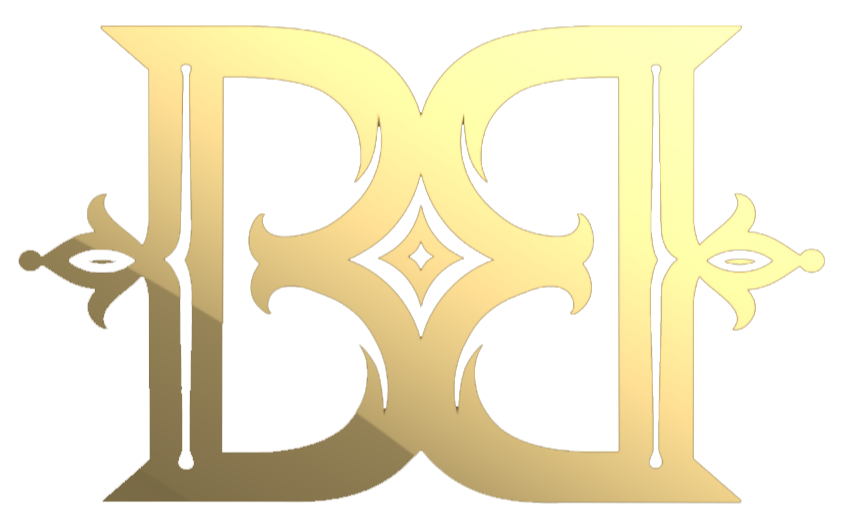A Director Who Takes ‘Ambiguity’ to Uncomfortable New Heights
- Tom Goedhart
- Oct 1, 2024
- 4 min read
Updated: Dec 24, 2024
In September 2015, the movie industry was set abuzz when Warner Bros announced that Christopher Nolan's next film would be released on July 21, 2017, right in the heat of the summer blockbuster season. Warner Bros has unwavering confidence in Nolan, a director who has consistently delivered.
Nolan isn’t just any director - he’s a visionary capable of turning ideas into box-office hits. From 2005 to 2014, his films collectively grossed over $4.07 billion, making him one of the most bankable directors in Hollywood.

Christopher Nolan: The Name That Equals Box Office Gold
As usual, no details were provided about Nolan's upcoming project, aside from the release date. This mysterious marketing approach is something fans have come to expect. Outside of the Batman trilogy, Nolan keeps a tight lid on his projects, only revealing information a few months before their release.
Nolan prefers this veil of secrecy over the long marketing campaigns most blockbusters use today. This discretion extends to his production process as well. Each actor is given a unique, personalized script with their name on it, making them responsible for any potential leaks.
Nolan’s scripts are always printed on paper - there are no digital versions floating around. Actors are prohibited from removing scripts from the set, and they're under strict contracts to keep everything confidential.

Despite these strict measures, actors seem to enjoy working with him. Perhaps it’s because he treats them with an uncommon level of respect. Film icon Michael Caine, one of Nolan’s frequent collaborators, once shared a telling story: "The first time he offered me a role, he personally came to my house with a printed script and sat in my living room while I read it." This happened in 2003, when Nolan was preparing for "Batman Begins."
Even in today’s digital age, Nolan sticks to face-to-face meetings and paper documents. He doesn’t own an email account or a mobile phone. When asked about this, he simply replied, "It’s not nostalgia. Some technologies just waste time."
Another story illustrating Nolan’s collaborative respect involves Guy Pearce during the filming of "Memento." Nolan recalled: "We had just finished a take that I thought was perfect. But Guy suggested we try it again." Despite the tight schedule, Nolan agreed, and the second take made it into the final cut.
In a world of digital filmmaking, Nolan remains one of the few directors who still champions traditional film stock and IMAX cameras. "IMAX is the most amazing technology for filmmakers today," Nolan explains. "I don’t like digital. It diminishes the cinema experience when anyone with a camera can create a movie."
Nolan also keeps CGI to a minimum. He famously constructed a full-scale rotating hallway for the iconic scene in "Inception" instead of relying on computer effects. And when it comes to 3D, Nolan has openly criticized it, saying the technology creates a "false" visual experience.
This old-school approach has led some critics to label Nolan as "conservative" or "nostalgic." They argue that he hasn’t yet defined a distinctive visual style like other renowned directors. When asked about his visual techniques, Nolan pointed out that his films often feature characters moving into new spaces, with shots from behind. "For me, it’s about capturing the journey of a character."

Nolan’s focus is less on signature visuals and more on storytelling. This was evident when he approached composer Hans Zimmer for "Interstellar." Instead of giving Zimmer the full script, he handed him a single sheet of paper. On it were two lines: "Dad will come back" – "When?"
Nolan’s respect for his audience is clear. His dedication to creating meaningful, thoughtful cinema is evident in every aspect of his work. This is why Warner Bros trusts him to produce some of the highest-grossing films in history. He may not be the most avant-garde director, but there’s no question he’s a masterful storyteller.
Christopher Nolan’s films are known for their intellectual and emotional depth, and his quiet yet powerful approach continues to captivate audiences around the globe. As we look forward to his next masterpiece in 2017, there’s little doubt that Nolan will once again leave us spellbound.
Born in 1970, Nolan grew up in a household that fostered creativity. His father was an advertising executive, and his mother was a flight attendant. By age 7, Nolan was already making short films using his father’s Super 8 camera, nurturing his early passion for filmmaking.
Breaking into the industry was tough. The 1990s were particularly challenging, with the British film industry offering little support. Nolan persevered, however. In 1998, he self-financed a small movie, "Following," shot on weekends with friends. The film eventually earned accolades at festivals and put Nolan on Hollywood’s radar.

Memento
Nolan's big break came with "Memento" (2000) and "Insomnia" (2002), which showcased his fresh, non-linear storytelling style. In 2003, Warner Bros invited him to reboot the Batman franchise. The rest is history.

The Dark Knight Rise
Since 2005, Nolan has directed six films, five of which became massive blockbusters, averaging over $670 million each. His Batman trilogy ("Batman Begins," "The Dark Knight," and "The Dark Knight Rises") set new standards for superhero films. And his other works, like "The Prestige" (2006), "Inception" (2010), and "Interstellar" (2014), have further solidified his place as one of Hollywood's leading directors.
Dung Le




Comments